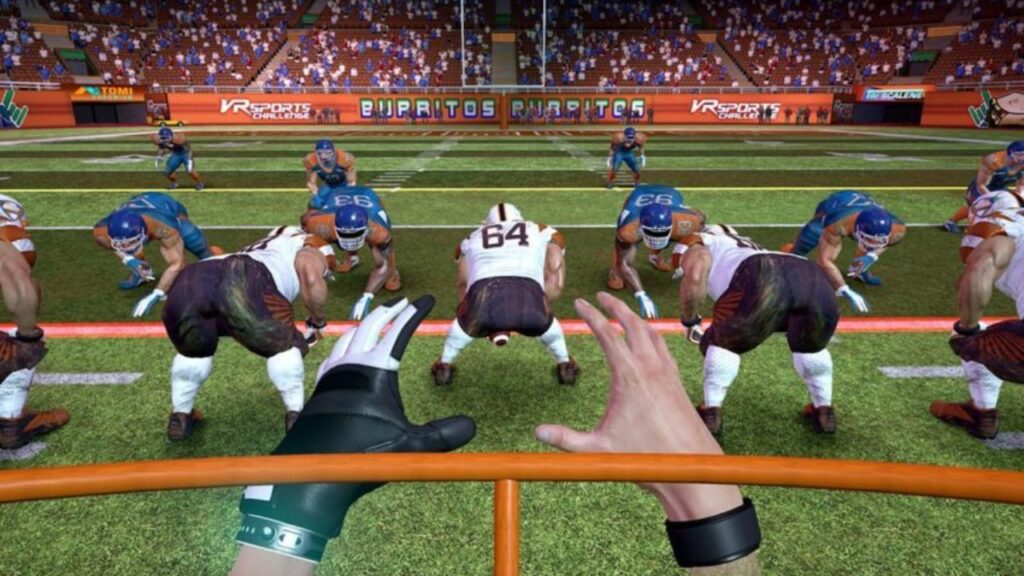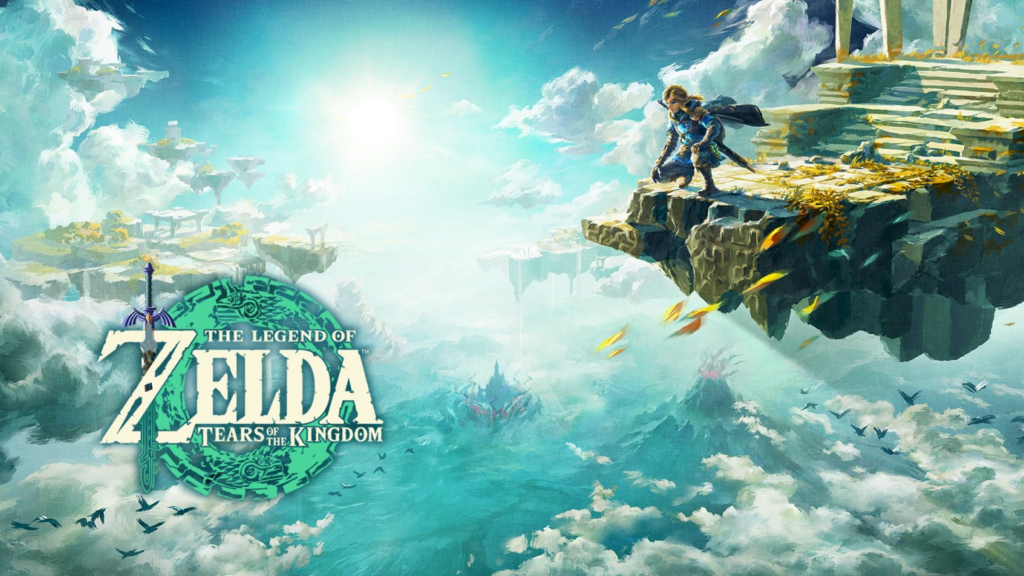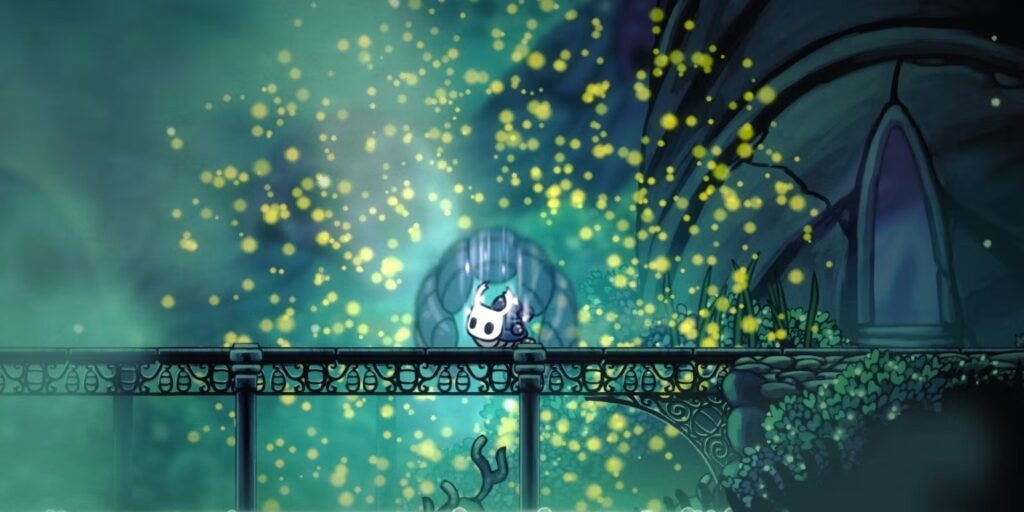Contact
Controversial Review: Mass Effect: Andromeda
Mass Effect: Andromeda, developed by BioWare, is a game that ignited controversy and divided opinions among gamers upon its release. As the highly anticipated sequel to the critically acclaimed Mass Effect trilogy, Andromeda had the daunting task of living up to its predecessors’ legacy. In this review, we will provide an objective analysis of the game, examining its strengths, weaknesses, and the controversies surrounding it. While Mass Effect: Andromeda showcases ambition in its expansive galaxy and immersive gameplay, it falls short in several key areas, resulting in a mixed reception from fans and critics alike.
Expansive Galaxy, Ambitious World-Building: A Universe to Explore
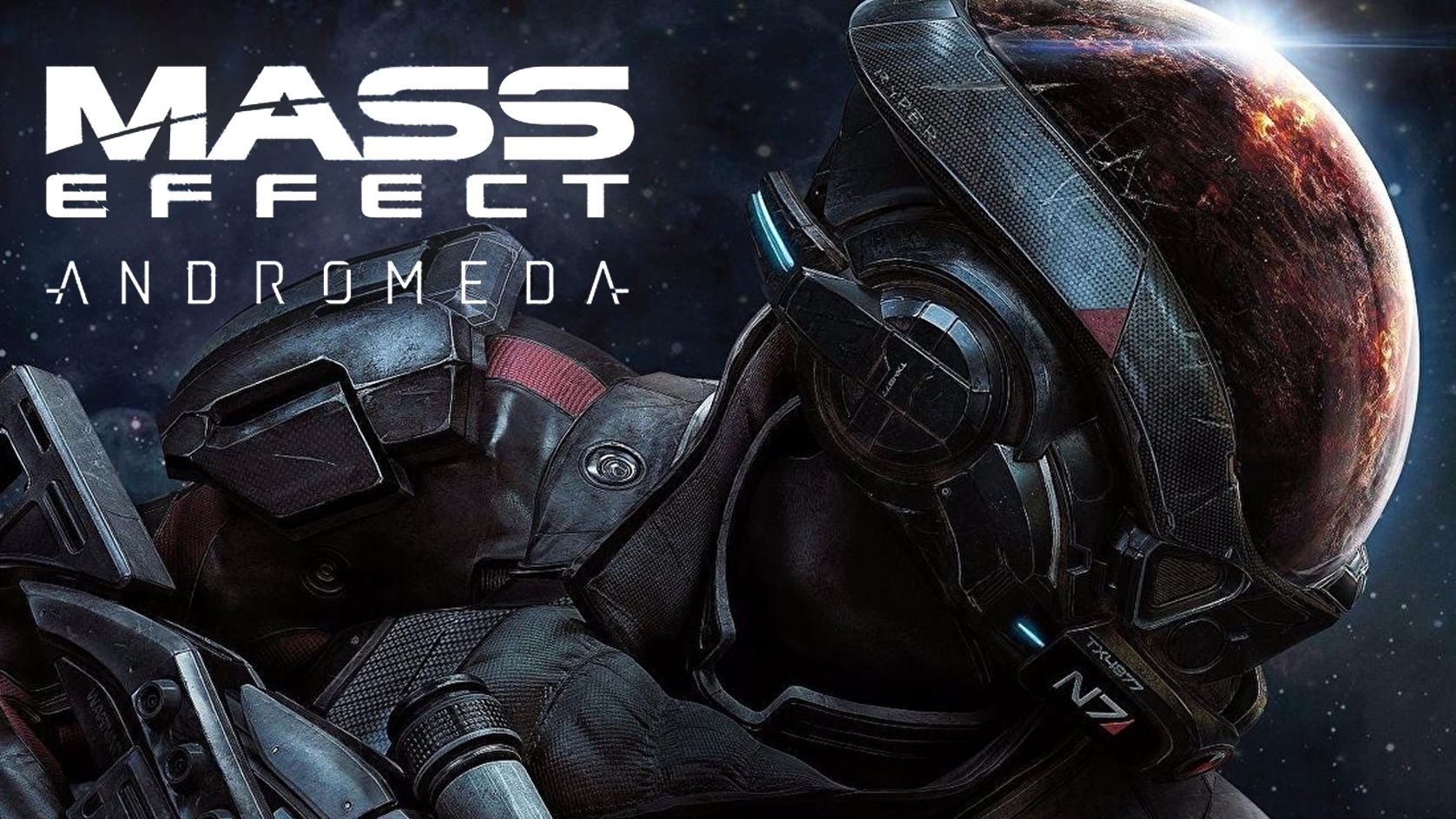
Mass Effect: Andromeda presents players with an expansive galaxy to explore, offering a sense of awe and wonder as they venture into the unknown. Here are some notable elements of the game’s world-building:
- Vast Open World: The game introduces a new galaxy, Andromeda, for players to explore. The open world design allows for freedom of exploration, with numerous planets, space stations, and other celestial bodies to visit. Each location offers unique environments, from lush tropical landscapes to desolate desert planets, adding variety to the player’s journey.
- Rich Lore and Alien Races: Mass Effect: Andromeda expands upon the established lore of the Mass Effect universe, introducing new alien races, factions, and conflicts. The game delves into the history and culture of these races, providing a sense of depth and immersion. Interacting with the diverse cast of characters and learning about their backgrounds adds richness to the game’s world.
- Exploration and Discovery: Andromeda emphasizes exploration and discovery as players navigate the unexplored reaches of the galaxy. Players can survey planets, uncover hidden secrets, and engage in side quests that shed light on the mysteries of the Andromeda galaxy. The sense of curiosity and the thrill of stumbling upon hidden treasures or uncovering new information are among the game’s highlights.
While Mass Effect: Andromeda excels in presenting players with an expansive galaxy to explore and immersing them in a rich lore, it falls short in other areas, which contributed to the controversies surrounding the game.
Technical Issues and Facial Animations: A Bumpy Launch
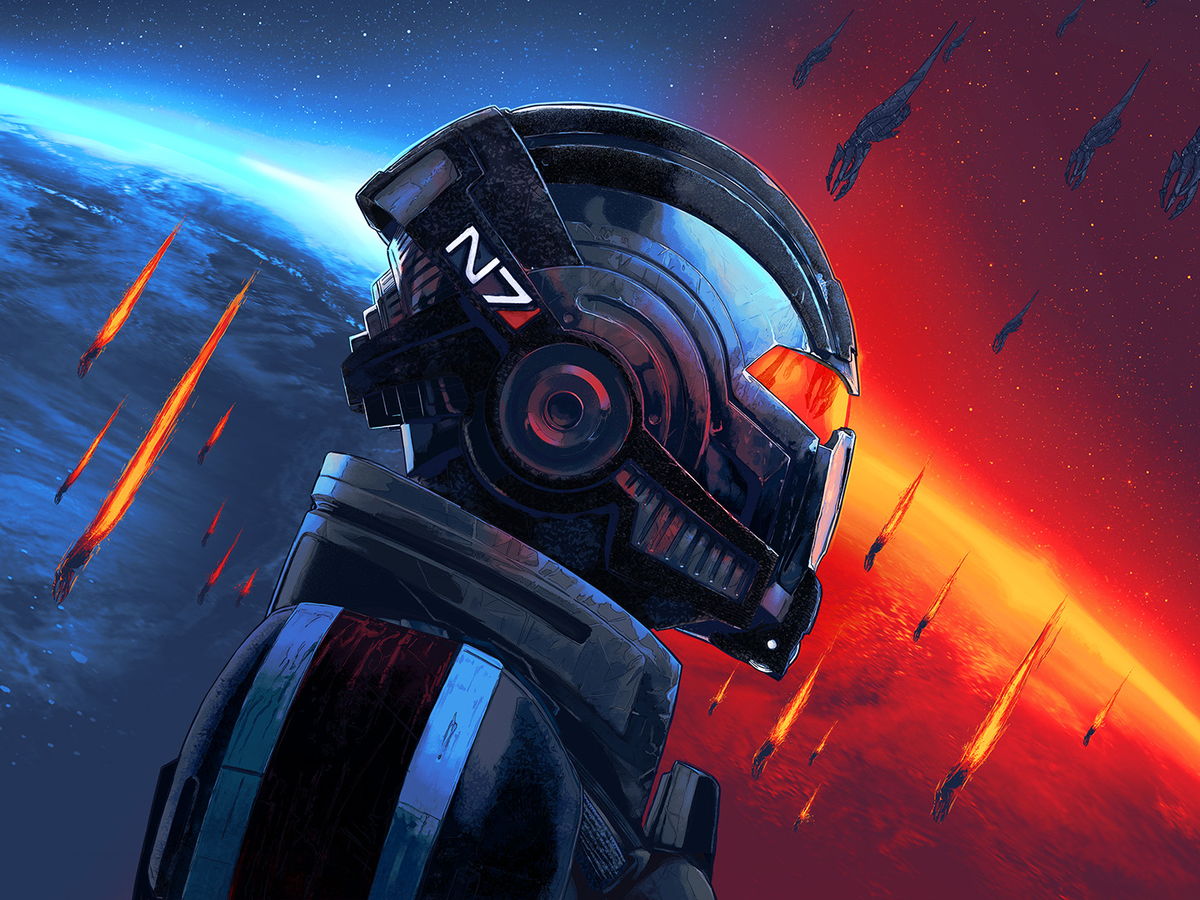
One of the major controversies surrounding Mass Effect: Andromeda upon its release was the presence of technical issues and poorly executed facial animations. Here are some key points related to these controversies:
- Technical Glitches: Mass Effect: Andromeda suffered from numerous technical glitches, including graphical issues, frame rate drops, and occasional crashes. These issues affected the overall gameplay experience, leading to frustration and disappointment among players. While some of these glitches were eventually patched, the initial release left a negative impression.
- Facial Animations: The facial animations in Mass Effect: Andromeda became a focal point of criticism. Characters displayed awkward and unnatural facial expressions, detracting from the emotional impact of the game’s narrative. The subpar quality of the facial animations was particularly noticeable during dialogue sequences, leading to a lack of immersion and connection with the characters.
It is important to note that the technical issues and facial animation controversies had a significant impact on players’ perception of the game. While the developers addressed some of these issues post-launch, the initial experience left a lasting impression and contributed to the divisive reception of Mass Effect: Andromeda.
Gameplay and Combat: A Mixed Bag of Potential
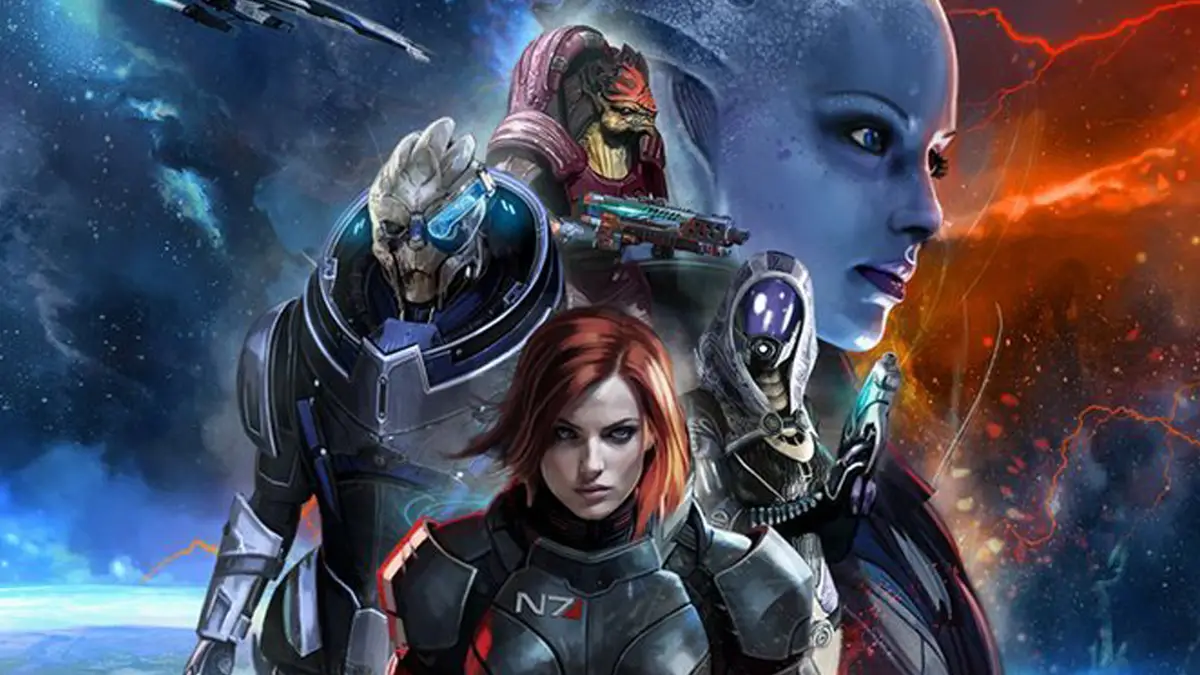
Mass Effect: Andromeda introduces several gameplay and combat mechanics that aim to provide an engaging and immersive experience. Here are some aspects of the game’s gameplay and combat:
- Exploration and Freedom: The game offers players a sense of freedom and exploration, allowing them to traverse vast landscapes, pilot vehicles, and engage in planetary exploration. The ability to freely navigate the open world and interact with the environment adds a layer of immersion and discovery to the gameplay experience.
- Open-Ended Character Progression: Mass Effect: Andromeda features an open-ended character progression system that allows players to customize their character’s abilities and playstyle. The game offers a wide range of skills, allowing players to tailor their character to their preferred combat style. This flexibility encourages experimentation and replayability.
- Dynamic Combat: The combat mechanics in Andromeda aim to provide fast-paced and dynamic encounters. Players can utilize a variety of weapons, biotic and tech abilities, and squad commands to overcome enemies. The fluidity of movement and the combination of different abilities during combat sequences create opportunities for strategic gameplay and satisfying action.
While Mass Effect: Andromeda introduces promising gameplay and combat mechanics, it falls short in their execution. The open world exploration can feel repetitive and lacking in meaningful content, leading to a sense of tedium. Additionally, the AI of both enemies and squad members can be inconsistent, occasionally undermining the strategic depth of combat encounters. These issues, coupled with the technical glitches and facial animation controversies, contributed to the mixed reception of the game.
Narrative and Character Development: A Galaxy of Missed Potential
The Mass Effect series has been lauded for its compelling narratives and memorable characters. However, Mass Effect: Andromeda received criticism for its narrative execution and character development. Here are some key aspects of the game’s narrative and character development:
- New Beginnings in Andromeda: Mass Effect: Andromeda takes players on a journey to a new galaxy, offering the promise of new beginnings and fresh storytelling opportunities. The premise of exploring uncharted territories and establishing humanity’s presence in Andromeda holds great potential for an engaging narrative.
- Lackluster Storytelling: Despite the promising premise, the narrative in Andromeda falls short of its potential. The main storyline lacks focus and fails to deliver a sense of urgency or emotional investment. The pacing can feel uneven, and certain plot threads are left unresolved or underdeveloped. As a result, the overall narrative lacks the depth and impact seen in the original Mass Effect trilogy.
- Underwhelming Characters: The characters in Mass Effect: Andromeda received mixed reactions from players and critics. While the game introduces a diverse cast of characters, their development and interactions often feel shallow or lacking in depth. The dialogue options can appear stilted and disconnected, making it challenging to form meaningful connections with the characters.
The narrative and character development in Mass Effect: Andromeda represent missed opportunities to deliver a compelling and emotionally resonant experience. While the game presents an intriguing setting, the execution of the main storyline and the development of its characters fall short, resulting in a less immersive and impactful narrative.
Conclusion
Mass Effect: Andromeda, despite its ambitious scope and immersive gameplay, failed to meet the high expectations set by its predecessor. The game’s strengths lie in its expansive galaxy, ambitious world-building, and dynamic combat mechanics. However, it is marred by technical issues, facial animation controversies, repetitive gameplay, lackluster narrative execution, and underdeveloped characters.
The controversies surrounding Mass Effect: Andromeda highlighted the challenges faced by developers when attempting to create a worthy successor to a beloved franchise. While the game had its merits, the flaws and shortcomings were significant enough to divide opinions among gamers and tarnish the reputation of the series.
In the years since its release, Mass Effect: Andromeda has undergone updates and patches to address some of the technical issues, but the fundamental narrative and character development problems remain unresolved. Despite its controversies, the game serves as a reminder that even ambitious projects can stumble, and the gaming community plays a crucial role in shaping the future of beloved franchises.

